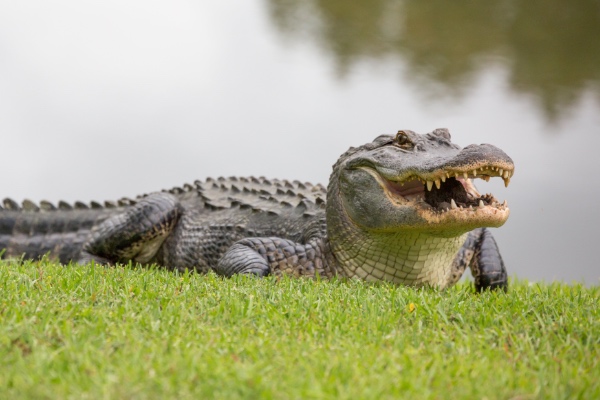Water Conservation does not require you to dramatically change your lifestyle overnight, but it does require each of us to become more aware of how and why we are using our water. Even as we come to a close of summer and children return to school, high temperatures will continue through September and into October. Below are some simple suggestions from Fort Bend Municipal Utility District 128 (Fort Bend MUD 128) to assist you in helping conserve water for our community.
Household Tips:
Check and Inspect:
Thoroughly check and inspect all your pipes, hoses, faucets and even appliances for any type of leaks. The smallest leak can easily result in 1000s of gallons of wasted water.
Lifestyle Habits:
One of the biggest habits to adopt is turning off the water while doing daily hygiene tasks such as brushing teeth, washing hands, shaving, etc. By turning off the water during just one of those habits, the average home can conserve 2,000 plus gallons of water each year.
Dishwasher Efficiency:
Most conventional dishwashers use between 7 to 14 gallons of water per load. A water-efficient dishwasher uses only 4.5 to 7 gallons of water per load. A second way to conserve water is to only run your dishwasher with a full load of dirty dishes. Whether you run one dish or a full dishwasher the same amount of water is being used each time you run it.
Another water-efficient appliance you can investigate is your clothes washing machine. On average your normal washing machine will use upwards of 10,000 gallons of water each year. A high-efficiency washer machine uses between 30% to 50% less water per load. That equals nearly 5,000 gallons of water each year.
Watering Your Lawn
The best way to maintain a healthy lawn is to water it deeply and infrequently. A thorough watering once or twice a week is better than frequent, light sprinkling.
Plan to water your lawn at least once a week (but no more than three times) for about an hour to give your lawn an inch of moisture. Measure water with a rain gauge or place a tuna can under your sprinkler system to catch water. The can is about an inch high, so once it’s full, you’re done watering. You can measure the depth of the water by how easy it is to push a dowel or screwdriver into the earth to the proper depth: too hard – water deeper; too easy – you may be overwatering your lawn.
Make sure the irrigation system is doing its job. Uniform watering can help avoid brown spots and keep the turf healthy from root to tip. Check the irrigation system weekly to make sure each section of the turf is being supplied with the appropriate amount of water.
To ensure your lawn gets the most possible water, follow these tips for how often to water your lawn in the summer:
- Be respectful of water restrictions if present in your community.
- The best time to water your lawn in the summer is in the early morning hours, ideally before sunrise, or late in the evening after sundown. This way, the water has a chance to soak in before the sun dries it out.
- Carefully place your sprinkler or hose to avoid watering the street and sidewalks. This is just a waste of water.
- Monitor the watering to make sure that certain areas aren’t becoming too saturated.
- Don’t forget to account for rain when watering your lawn. If you have had an especially rainy week, you won’t have to water your lawn as much – or at all, if the ground is still moist. Rainwater is always better than processed water for your lawn!
- If you have an irrigation system adjust your timers as the weather changes and inspect for damaged or leaking heads.
Outdoor Tips:
Yard Maintenance:
Early in the morning and late in the evening are the two best times to water your yard. When watering in the middle times of the day, we increase the rate of evaporation due to the hotter temperatures. Two more ways to conserve water this spring is to eliminate as many weeds as possible and add mulch to all our flower beds. These two things will work together to conserve water for your home. Weeds are known to steal water away from your other plants, so by simply removing weeds, you will not have to water your plants and flowers as often.
Pool Maintenance:
There are a few simple ways that residents can conserve water when it comes to the pool. First, examine your autofill hardware and setting on a monthly basis. Be sure to check for leaks that would cause your pool to fill unnecessarily. Secondly, clean all pool filters as regularly as possible to prevent unnecessary backwashing. Backwashing can use up to 1000 gallons of water each time it occurs. Lastly, if possible, cover your pool/hot tub when not in use to prevent evaporation.
Just remember, water conservation is a lifestyle choice that we all can make. By simply adding one of these small steps to our daily routines we can save gallons of water each year. If you have any questions, please feel free to reach out to the district through our website’s “Contact Us” page.
Think this article on Water Conservation would be of interest to your community? Share this post to social media to spread the news to your neighbors on Facebook and Twitter, or copy the link to share to Nextdoor!





